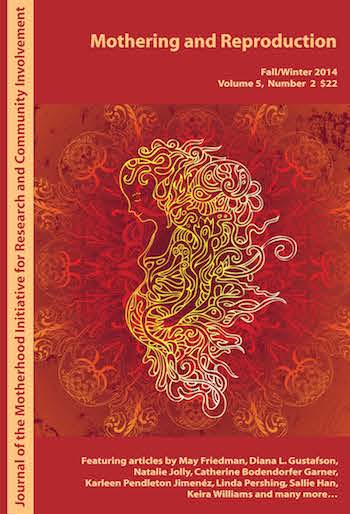Defending Depression: Intersectionality and American Infanticide
Abstract
In the past decade, the diagnosis of postpartum mental illness has become the primaryway in which Americans understand the actions of murdering mothers. Thisunderstanding of maternal violence is not only recent in American history, it is alsoquite exclusive. The majority of mothers that have successfully employed a postpartumdefense in infanticide cases in the past century have been white, middle-class,married women, yet studies show that poor and minority mothers are significantlymore likely to experience postpartum depression. Only a privileged subset of newmothers can avail themselves of mental health care should they experience postpartumdisorders, and even fewer are able to use mental illness as a legal defense. Through thepostpartum defense, the legal system replicates the class and racial inequalities of themental health system: white, middle-class women are “good mothers” who tragicallysuffer from mental illness, while poor mothers are violent “deviants.” In this article,I review cases in which the postpartum defense has been used and examine the classand racial power dynamics that undergird the American discourse of postpartummental illness and infanticide.Downloads
How to Cite
Issue
Section
License
All intellectual property in relation to material included on this site belongs to the Motherhood Initiative for Research and Community Involvement (MIRCI). All material on this site is protected by Canadian and international copyright and other intellectual property laws. Users may not do anything which interferes with or breaches those laws or the intellectual property rights in the material. All materials on the Motherhood Initiative for Research and Community Involvement (MIRCI) are copyrighted and all rights are reserved. Any reproduction, modification, publication, transmission, transfer, sale, distribution, display or exploitation of the information, in any form or by any means, or its storage in a retrieval system, whether in whole or in part, without the express written permission of the Motherhood Initiative for Research and Community Involvement (MIRCI) is prohibited. Please contact us for permission to reproduce any of our materials. This site may include third party content which is subject to that third party's terms and conditions of use.


